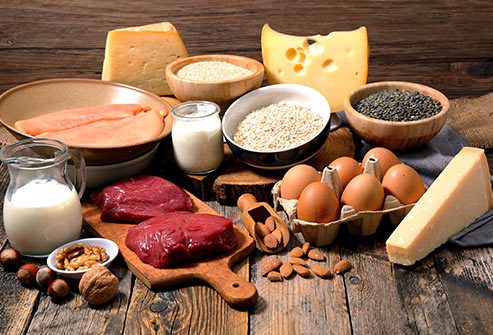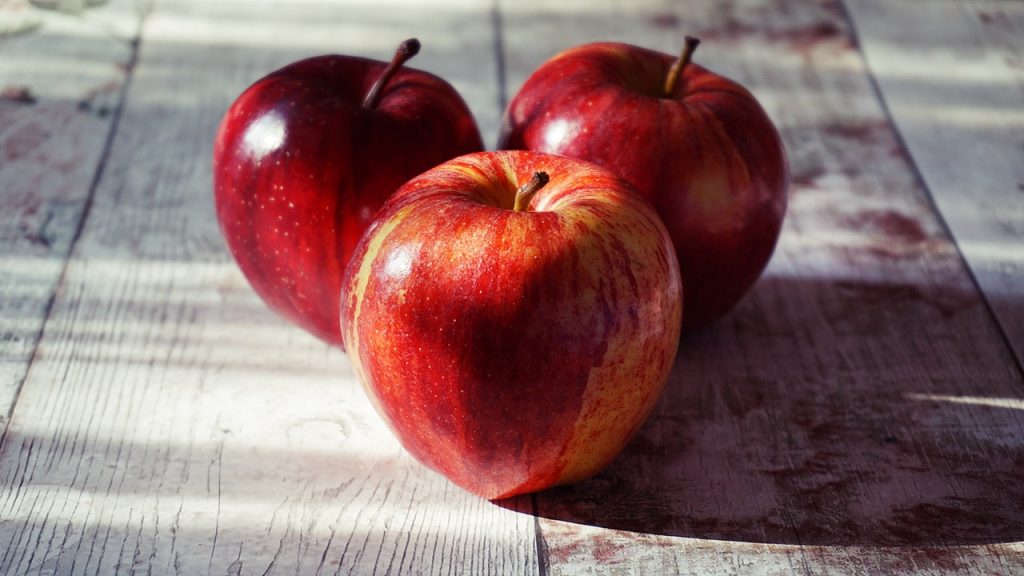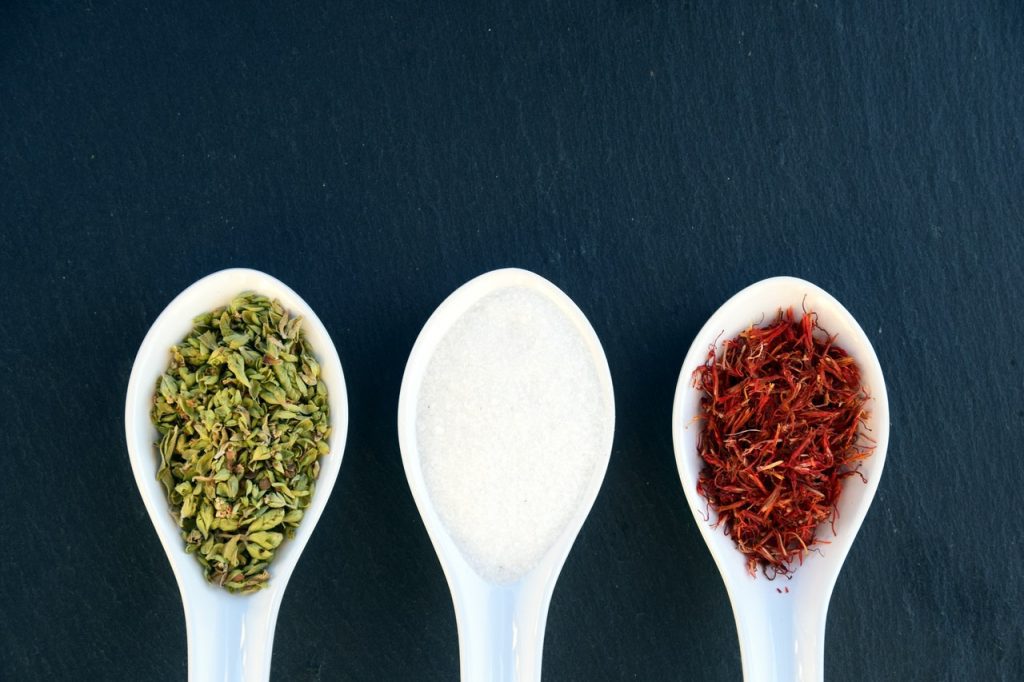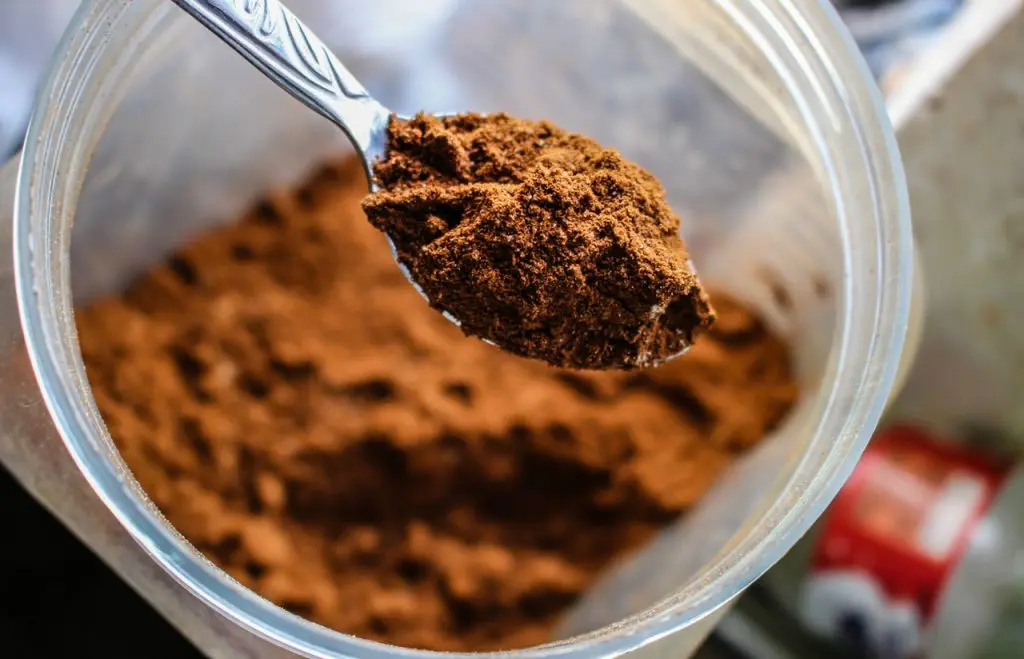
The best online fitness resource you'll ever need. We filter out the BS to ensure you meet your health and fitness goals!

The best online fitness resource you'll ever need. We filter out the BS to ensure you meet your health and fitness goals!

Far too many prospective dieters fail miserably and never see true ketosis. Is it for a lack of trying? Not at all. Rather, it is either misinformation or not being sufficiently prepared to meet the challenges associated with the keto lifestyle.
A large part of this failure rate can be attributed to an honest lack of information. You may have the best intentions in the world, but without a proven way to go about doing it or solid info at your fingertips, you have inadvertently set yourself up for failure.
This is exceedingly true when it comes to ketogenic living. Is it difficult to attain ketosis? It does require effort and dedication, but it is far from impossible. In this article, we will help you cut through some of the fluff that may be cluttering your pantry and your path to achieving the body you desire.
Don’t be deceived by consuming the following foods which are not keto approved.
So which foods don’t make the cut? The foods which don’t make the approved list are those with an unexpectedly high carbohydrate content. The keto diet requires you to limit daily carbohydrate intake to between only 5-10% of daily calories, which for most people amount to 15-30g daily.
As a result, you will need to avoid these foods.

An apple a day may keep the doctor away, but it won’t help you keep the pounds off. This is because apples are not as low calorie as they have been purported to be. One single medium-sized apple (100 g size) delivers a fairly large 14g carbs, of which over 10g is in the form of fast digesting sugars.
It was even believed at one time that green or yellow apples contain lower amounts of overall carbohydrates than red ones, although this is nothing more than a myth.

This was one that personally hurt the essence of my being when I discovered it. Many of your favorite condiments that you may use as a consolation prize to deal with the sometimes-bland taste of keto foods may actually be throwing you out of ketosis.
This is particularly true of ketchup and BBQ sauce which has an abundance of added sugar. Ranch dressing may also find itself in the same boat. Mustard and mayonnaise fare far better, though it isn’t advised to use large amounts of either for reasons you may be familiar with (such as the large calorie load with mayo, and bitter taste with mustard).
Vinegar based salad dressings are ok, but if in doubt always read labels to confirm.

Yogurt has been touted as a health food in recent years, and to some extent it is true. However, that will depend a lot on what kind you choose. The majority of fruit flavored yogurt is laden with additional sugar, and counters any beneficial effects you would have been able to experience.
Even plain yogurt is a little tricky in the carbohydrate department, as a 100g serving size can yield between 5-10g. dairy is not strictly off limits while on keto, but portion control will come into play if you want to enjoy them.
It is better to opt for a half-sized serving in order to mitigate the potential carb load.

We could spend all day going into detail about the myriad of drinks that don’t meet keto standards, but to keep things brief- most of them don’t. Virtually most of the commercially available beverages contain added sugar in some form or another.
Cola and soda are explicitly off-limits, but there may be a few more grey-area drinks. Ale is also not approved, as are sports and energy drinks, lemonade and the big one- fruit juice. Yes, fruit juice may possess a few possible health benefits, but the amount of sugar they contain is ungodly.
Even in the absence of added sugar, naturally occurring sugars are also very abundant as several pieces of fruit may be required to make one serving of juice. The only real approved beverages on keto are water, unsweetened tea, and black coffee.
Sugar free drinks are a point of contention. This is because on the surface they might contain zero sugar indeed, but their metabolic effects may not be that innocent. Many of the artificial sweeteners used in such sugar free drinks can contribute to metabolic syndrome, insulin resistance and eventually may seriously mess you up.
We suggest that you skip the low and sugar free bullshit- or only very occasionally indulge.

Think all meat is fair game on keto? Not so fast. While it is true that fresh cuts of meat are absolutely fine, processed meat does not always pass. That honey smoked bacon you like so bad? It has sugar added to it.
This, again is where reading labels comes into play. Do not assume that processed meats are low carb just because they are animal based. Added to this is the fact that you shouldn’t even be having processed meats very often- their additives such as nitrites are possible carcinogens which leave a lot to be desired if health is your overall goal.

You were probably expecting to see another high carbohydrate food here, weren’t you? This one is going to blow your mind, especially if you are new to limiting your daily carbohydrate intake.
In times of severe carbohydrate restriction, your body still needs to get glucose from somewhere. There are body processes that depend solely on glucose, and this is accomplished by a process known as gluconeogenesis.
Thus, even in the absence of any carb intake, your body can make glucose from amino acids. The bad news- it may slightly dampen the ketogenic response. The good news? Gluconeogenesis is a necessary evil, and is generally not a process of excess (meaning that there isn’t a lot of glucose in blood).
Getting your protein from solid food choices is less likely to affect ketosis, but whey protein is also insulinotropic, which means that it raises insulin blood levels (even without a high carb spike).
Insulin, being primarily a storage hormone, will slow the use of fat for fuel, which you can see, does not bode well for ketosis. A good strategy is to reserve the whey for when you need it most- the most workout interval.

We’ve grouped these together because they are often misinterpreted as being sufficiently low carb to include on a keto diet. In reality, most beans and legumes such as lentils, green beans, and peas, contain well over 20g of carbohydrates per 100g serving size.
Root vegetables such as carrots and potatoes are also common offenders and need to be avoided. Corn is also another carb heavy grain.
Stick to leafy vegetables which are generally very low in carbohydrates.
Now that you’ve been made aware of some of the common food pitfalls of the keto lifestyle, you are equipped to be more successful. Always read product labels, and if you do consume one of the aforementioned foods, smaller servings may be the way to go.